WN@tL: VIRUS-VECTOR INTERACTIONS: POTENTIAL FOR BIORATIONAL CONTROL
Sept 26 - 7:00PM - 8:15PM
UW Biotechnology Center, 425 Henry Mall, Room 1111, Madison, WI 53706
Cost: Free
Speakers
Tom German, Plant Pathology and Entomology
About the talk
A majority of viruses infecting plants, and many viruses infecting animals, depend on insect vectors to move between hosts. The resulting diseases create enormous human suffering and economic loss, as well as environmental damage due to the indiscriminate use of pesticides deployed in efforts to control them. Most vectors have needle-like mouthparts that they stick into the host, during which time they inject saliva and suck up host fluids, seemingly a perfect repertoire to serve as a “flying syringe”, acquiring a virus and inoculating it to a new host. Although the flying syringe analogy is an appealing explanation for the biology behind insect transmission of viruses, as more vectors and the viruses they transmitted were discovered it was revealed that viruses have evolved many interesting and biologically complex associations with their vectors. The nature of these associations has been a rich area of study and one that promises to yield innovative and improved measures of insect control and plant protection. While there are significant differences in viral infections of plant and animal hosts and in the relationships between the viruses and their vectors, there are numerous and important parallels. Insect-plant virus associations will be focus of this talk, but analogies and comparisons with animal-infecting viruses will be highlighted.
About the speakers
Thomas L. German was born in Aurora, IL, and raised in Eau Claire, WI. He received a B.S. degree in zoology (1963) at University of Wisconsin (UW), Madison and a degree in secondary education (biology and chemistry) from UW, Eau Claire (1965). He taught high school biology in Milwaukee (1966–1968), after which he completed his M.S. degree in biological sciences at Michigan State University, East Lansing, MI (1968). German’s fascination with viruses led to his Ph.D. degree in plant pathology (UW Madison, 1974).
German has worked on the cutting edge of virology to answer fundamental questions about virus infection and vector/virus relationships. In 1985, German joined the faculty of the Department of Plant Pathology, University of Hawaii, where he led a robust research and teaching program in plant virology that set new standards of excellence for that institution. In 1990, he was recruited to UW-Madison as an assistant professor and director of the Wisconsin Seed Potato Certification Program (WSPCP), a program he directed until July 2000. In 1995, German was elected as chair of the Department of Plant Pathology (1995–1998), while he continued to serve as director of WSPCP. In recognition of his cross-disciplinary understanding and leadership in plant virus/insect interactions, German was appointed as a faculty member in the UW Department of Entomology in 2000. He served as chair of the Department of Entomology from 2002 to 2005, becoming the first person in the College of Agriculture and Life Sciences at UW Madison to be elected (not merely appointed) to a chair position in two different departments. In 2010, he was appointed professor emeritus and continues to conduct research and contribute to the campus.
Parking Information
Parking is available in Lot 20, located at 1390 University Avenue. Lot 20 is a three-level parking structure on the right side of University Avenue, just before Henry Mall. Lot 20 is attached to the Genetics/Biotechnology Center.
Parking in Lot 20 is one of the most convenient parking experiences on campus. Park on the top level, and you can enter the building without going up any steps. Convenient, close and step-free parking are three big reasons we hold WN@tL at the Genetics/Biotechnology Center.
Questions?

